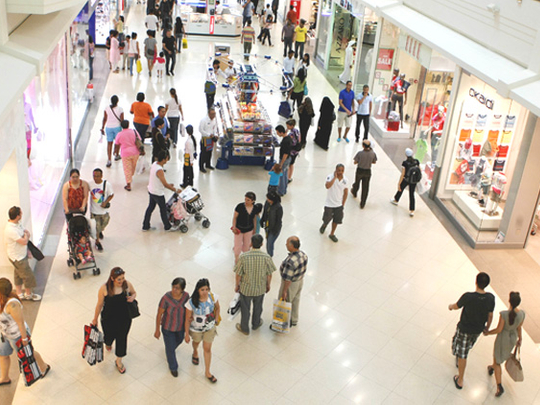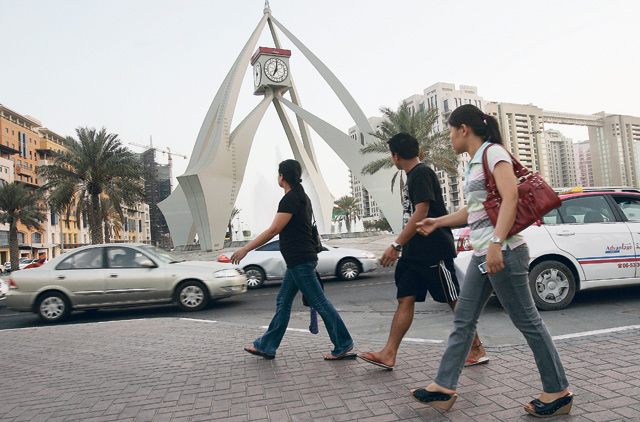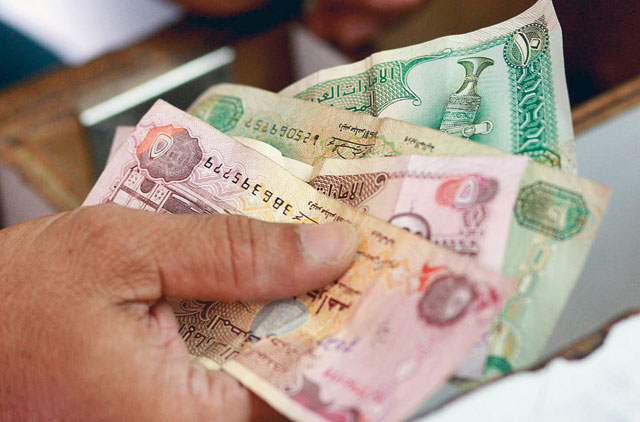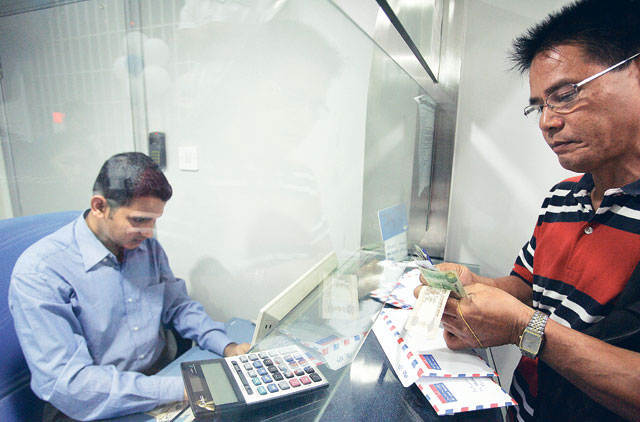
Dubai : About 20 per cent of UAE expatriates earn more than $250,000 (Dh918,100) — making the country home to some of the wealthiest expats in the world, according to a recent survey
The UAE ranked fourth in the "Expat Explorer," the largest global survey of expats commissioned by HSBC Bank International, just after Russia, Saudi Arabia, and Bahrain.
"If you're in business in Dubai, you have best terms and conditions for being successful. There's no VAT on staff, no social benefits.
So for people setting up business here there are far more chances of success and huge profits than other countries in world. Pakistani and Indian traders are among the wealthiest in Dubai," said Steve Gregory, Managing partner of Holborn Assets, a financial advisory firm.
"Funnily enough, it's not the white expats that are the wealthiest, it's the Asian expats."
Luxurious lifestyle
Expats enjoy a luxurious lifestyle in the UAE including more cars (63 per cent in UAE vs. 29 per cent overall), more exotic holidays (57 per cent vs. 46 per cent), posher and larger properties (58 per cent vs. 50 per cent) and domestic help (57 per cent vs 37 per cent), and 94 per cent pay lower taxes than in their country of origin.
"Employees hired from abroad get benefits and packages that match some of the best in the world. But of course not everyone is that fortunate," Gregory said.
The expats surveyed work in finance, construction, manufacturing, utilities, management, and education, said Lisa Wood, head of marketing at HSBC International, in an email to Gulf News.
"The wealthiest of all are the self-employed but packages for things like oil and gas industry are extremely strong. So is the medical industry," noted Gregory.
Since coming to the UAE, 87 per cent of the expats earned more disposable incomes than in their home countries, she said.
Savings
While 79 per cent of expats are saving more in the UAE than at home compared to the worldwide average of 61 per cent. However, about 50 per cent of them are spending more here.
The ability to save has dropped since last year, when 82 per cent of expats said they were able to save more since relocating, according to the 2009 Expat Economics Report.
Despite the increased spending and decreased saving ability, 73 per cent say the reason they became expats is driven by career and money prospects.
But the last year has been economically difficult for foreigners in the UAE. Over three quarter (77 per cent) indicating that the economic situation has deteriorated over the past year.
A quarter of expats believe there are reduced career opportunities in the UAE.
One in ten of those who thought the economy hadn't improved are actively looking to return home.
However, the majority of expats in the UAE remain optimistic with 81 per cent saying that they have not been directly impacted and do not intend to return home.
While the UAE has the fourth wealthiest expats, salary cuts and package trimmings post-recession are not uncommon.
"Whilst we have the world's wealthiest, we [also] have world's poorest. They're not likely to have a HSBC Bank account. Perhaps the survey is a little bit colored," Gregory noted, but pointed out that western expats who get salaries and paid expenses can save easily from their take-home pay.
Expatriates worldwide are repatriating their wealth, according to the survey.
In the UAE, the majority of remittances are from expats living here alone and obliged to send money to their families at home who are dependent on these sums, said Sudhir Kumar Shetty, CEO of global operation at UAE Exchange.
Last year, eight billion US dollars in individual remittances were sent from the UAE via the UAE Exchange alone, he estimated.
Repatriating wealth
Expats in the Middle East are the most likely to repatriate their property wealth, with very few investing in property in their host country. In Qatar, 49 per cent of expats invest in their country of origin compared to 0 per cent investing in their host country.
Emerging economies have scored higher than their European counterparts as wealth hotpots when looking at economic factors including earnings, career development, improved economic outlook and the ability to save the survey showed.















